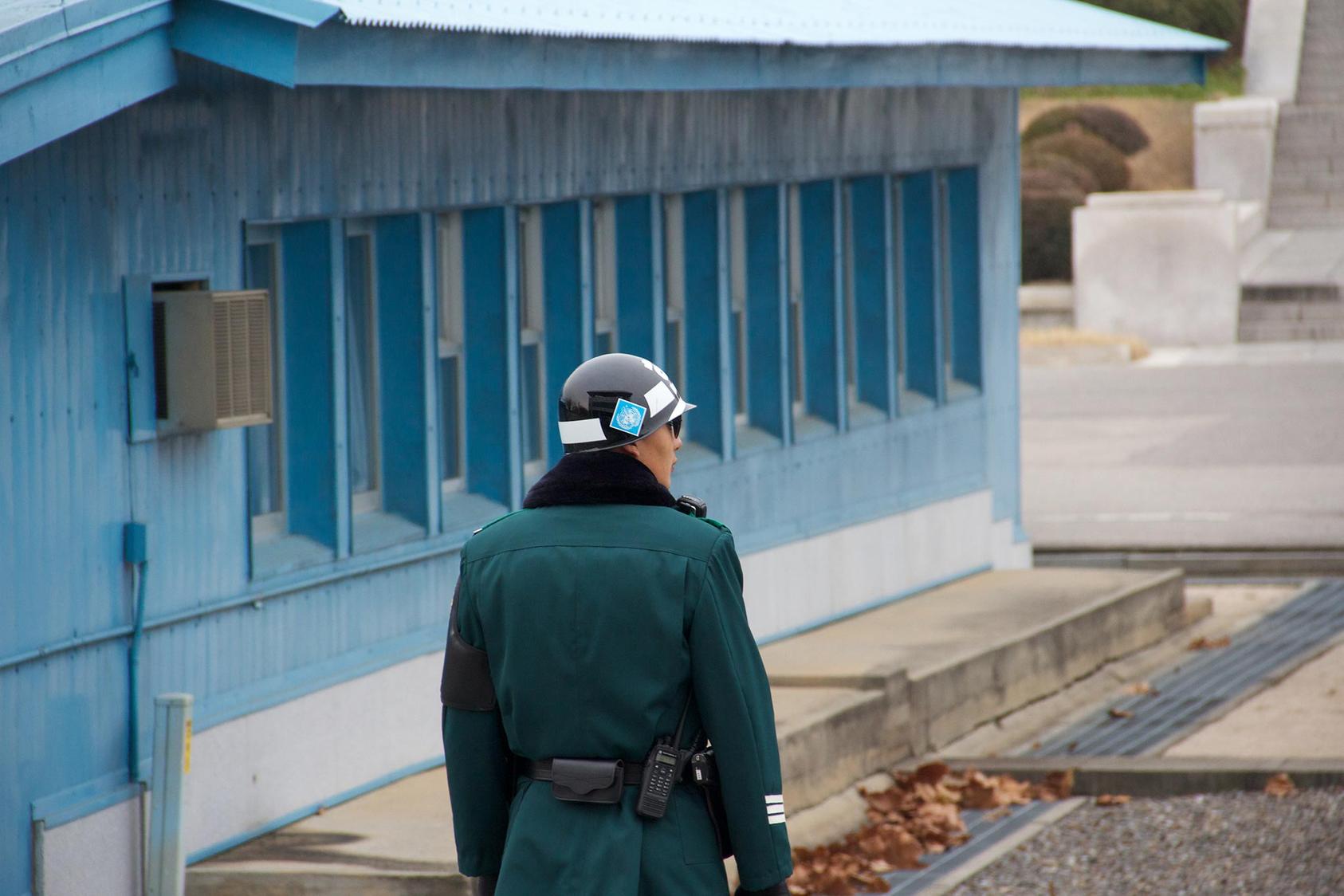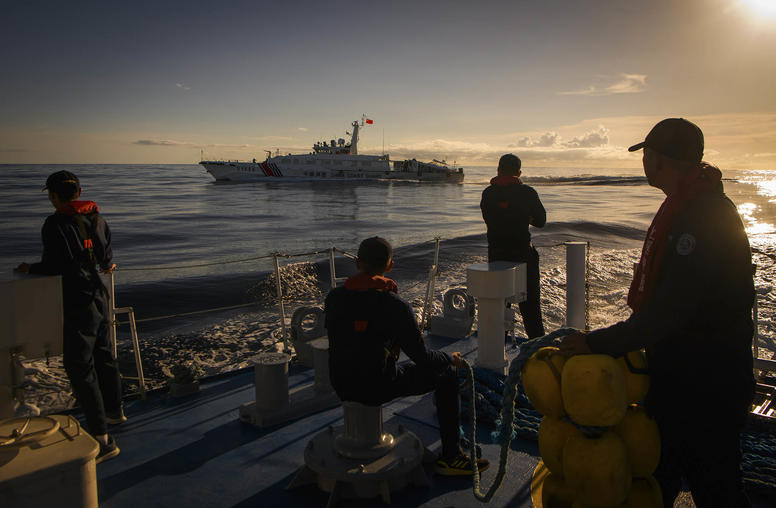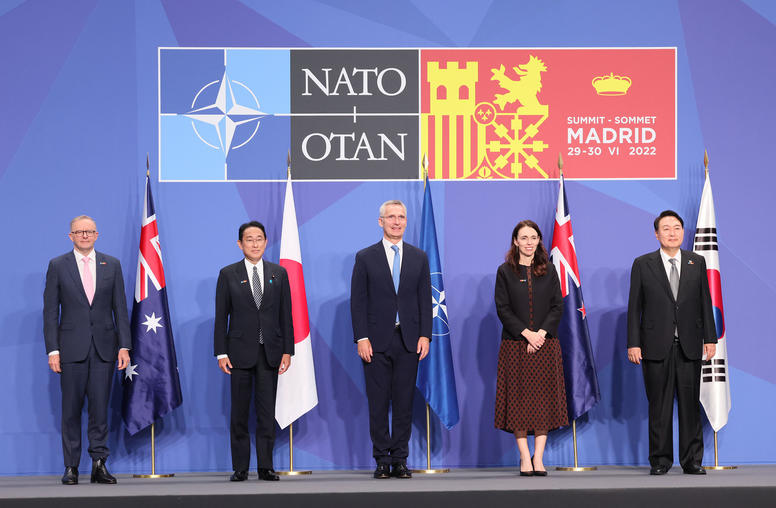As U.S. Defense Secretary James Mattis visits Seoul and Tokyo this week, the region and the world are searching for signals about what President Donald Trump’s “America First” policy means for Asia. In a region that values stability above all, there is a growing uncertainty and nervousness about America’s commitment to its continued peace and prosperity.

South Korea and Japan are likely to seek assurances from Mattis that Washington will continue to play a reliable role as a leader and stabilizing force in the region. Trump has demonstrated a willingness to question long-standing policy assumptions, and in many cases, allies and partners fear the new administration will seek to “make deals” that might abandon or contradict previous reassurances, agreements or accepted practice.
“Allies and partners will be looking for the United States to translate verbal assurances to action.”
President Trump has made statements that allies and partners say leave them guessing about his position on a number of issues, including the future of the U.S. military alliances with South Korea and Japan, the possibility that the two nations might acquire nuclear weapons of their own, and his strategy for countering the growing nuclear and missile threat from North Korea. He and his team also have prompted questions about the future of the One China Policy in relation to Taiwan and the U.S. role in the South China Sea.
In addition, Trump’s early decision to withdraw the U.S. from the Trans-Pacific Partnership (TPP) trade agreement has left many puzzled about the economic role the United States wants to play in Asia.
As uncertainty about U.S. foreign policy swirls, Mattis has the opportunity to demonstrate that he, as Secretary of Defense, understands the nuances of the region and appreciates the importance of the U.S. role there. Through his confirmation process and early actions as secretary, Mattis has gone to some lengths to demonstrate that he has his own views on a range of issues, including the value of military alliances and the need to work with allies to counter a growing threat from North Korea – and these positions may reassure foreign and American audiences.
But South Korea and Japan will be searching for signs that Mattis’s outlook also is shared by the president. If partners do not believe that Mattis speaks for the White House, his assurances will have little impact on an already skeptical audience.
The Pentagon has stressed that Mattis’s trip will “underscore the commitment of the United States to our enduring alliances with Japan and the Republic of Korea, and further strengthen U.S.-Japan-Republic of Korea security cooperation.” And despite the questions raised over the last few months, Trump recently reassured both South Korea and Japan by phone that the U.S. commitment to their security was “ironclad,” and that he seeks to deepen bilateral trade and investment relations with both countries.
This trip is an important step in defining the new administration’s policy toward Asia, but it is only the first step. The bigger challenge will face Mattis when he returns home, as allies and partners will be looking for the United States to translate verbal assurances to action.



